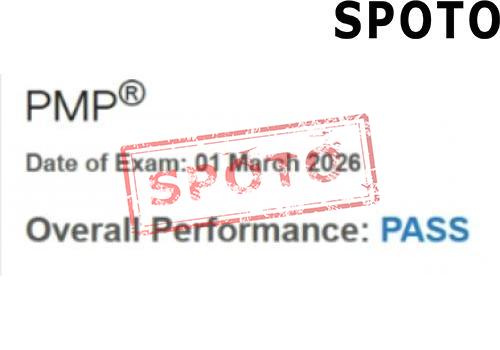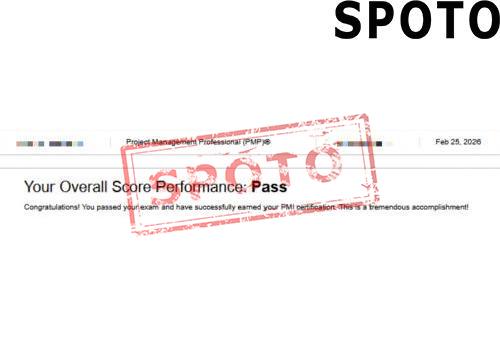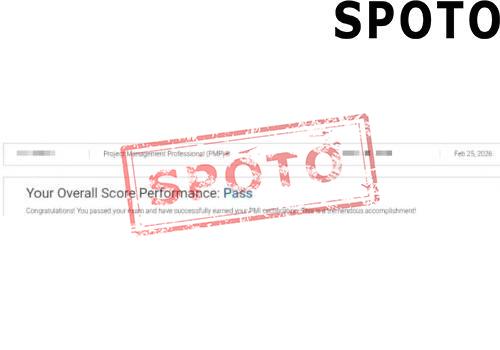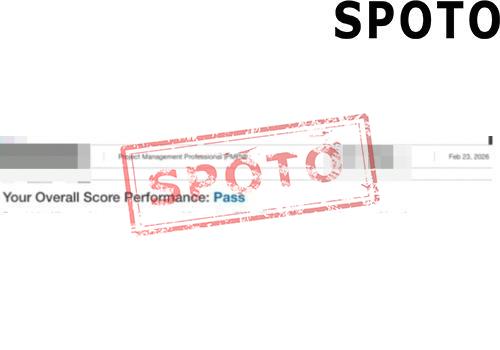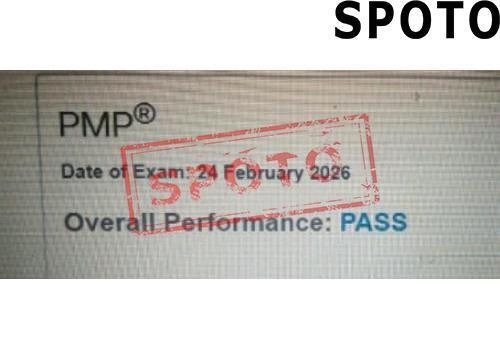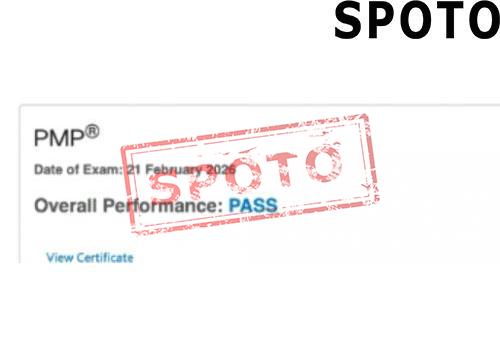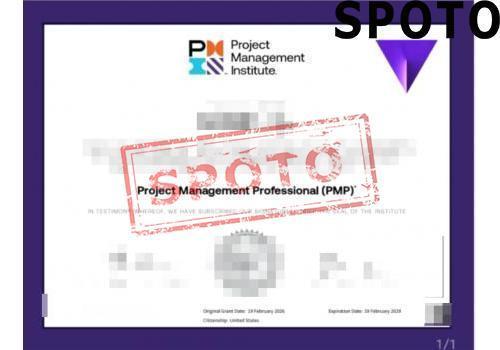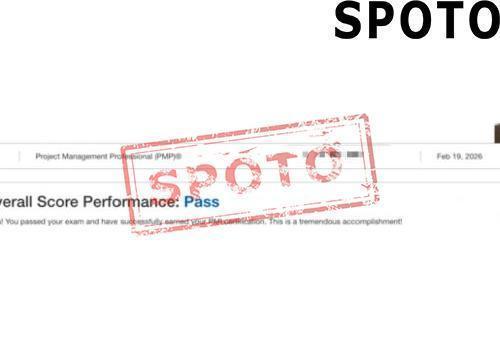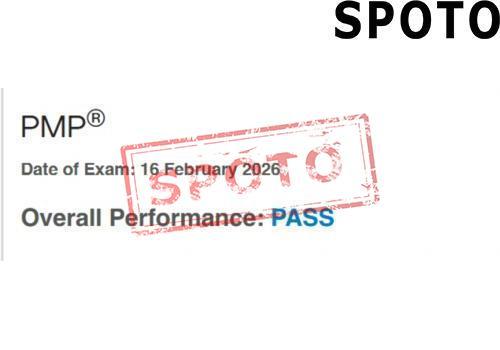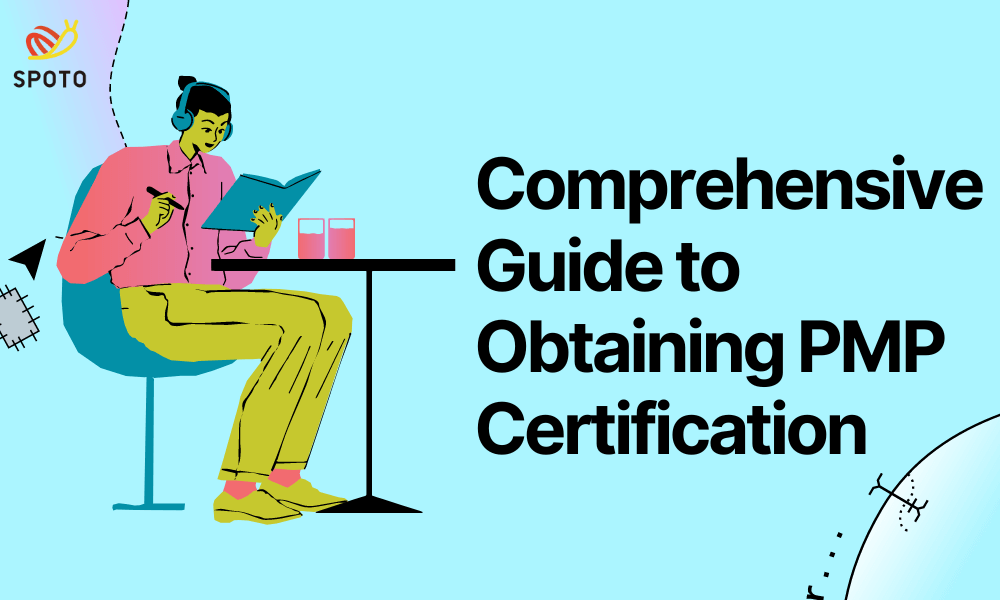
Table of Contents
- Ⅰ. Understanding the PMP Certification Requirements
- Ⅱ. Importance of Documenting Work Experience for PMP Application
- III. PMP Certification Exam Overview
- V. Effective Study Strategies for PMP Exam Preparation
- Ⅴ. Recommended Study Techniques for Each Knowledge Area
- Ⅵ. Tips for Tackling the PMP Exam
- Ⅶ. Maintaining PMP Certification and Continuing Education
Ⅰ. Understanding the PMP Certification Requirements
The path to acquiring a Project Management Professional (PMP) certification is paved with specific prerequisites that ensure candidates are well-prepared for the rigors of the certification process. This section delves into the eligibility requirements and highlights the significance of meticulously documenting professional experience.
Eligibility Criteria
Prospective PMP candidates must navigate through two primary eligibility pillars: educational background and project management experience.
- Educational Background: The foundational requirement for PMP certification aspirants is a secondary degree (high school diploma, associate’s degree, or the global equivalent). Alternatively, those with a four-year degree are also welcomed, offering flexibility in educational prerequisites.
- Project Management Experience: Applicants must demonstrate substantial experience in leading projects. Those with a secondary degree need 7,500 hours of leading and directing projects, while individuals with a four-year degree are required to have 4,500 hours. This experience must be accumulated within a minimum of three and a maximum of eight consecutive years prior to the application.
Ⅱ. Importance of Documenting Work Experience for PMP Application
Documenting professional project management experience is a critical step in the PMP certification journey. It is not merely about listing the hours; candidates must articulate their roles, the nature of the projects, and specific responsibilities undertaken within the project management domain. This documentation serves as a testament to the applicant’s hands-on experience in managing projects, showcasing their ability to lead and direct cross-functional teams towards achieving project objectives. The Project Management Institute (PMI) scrutinizes this documentation closely, making it an essential component of the application process that demands attention to detail and accuracy.
III. PMP Certification Exam Overview
In our pursuit for comprehensive understanding of the PMP certification process, it's crucial to delve into the details of the PMP certification exam. This section will outline its structure and format, recommend useful study resources and materials, and emphasize the importance of proper exam preparation and effective time management.
A. Structure and Format of the PMP Examination
The Project Management Professional (PMP) Exam spans across a time limit of four hours, within which 200 multiple-choice questions are to be answered. It's split into five performance domains, each being allocated a specific percentage of the total questions. These performance domains are: initiating the project (13%), planning the project (24%), executing the project (31%), monitoring and controlling the project (25%) and closing the project (7%).
B. Recommended Study Resources and Materials
Navigating the PMP exam terrain requires ample preparation and suitable study materials. A few notable resources for optimal preparation would include the latest edition of the PMBOK Guide (Project Management Body of Knowledge) issued by PMI. In addition, materials such as Rita Mulcahy's PMP Exam Prep book and Head First PMP book are invaluable resources. Online courses and webinars can also be key in covering specific knowledge areas and providing the necessary practice.
C. Importance of Exam Preparation and Time Management
Preparation is the key to succeed in your PMP examination. As the saying goes, failing to plan is planning to fail. A well-structured study plan helps to manage time effectively and ensures broad coverage of the syllabus. The importance of time management can not be understated. With a limit of four hours to answer 200 questions, proper time management can be the difference between passing and failing. Therefore, make your plan, prepare properly, and manage your time effectively.
V. Effective Study Strategies for PMP Exam Preparation
Embarking on the journey to conquer the Project Management Professional (PMP) certification necessitates a structured approach to learning and revision. Grasping the extensive body of knowledge required for the exam is no small feat. Below, we delve into proven strategies to enhance your study regimen, thereby optimizing your chances of success.
A. Creating a study plan and setting realistic goals
Initiating your study journey begins with the formulation of a comprehensive study plan. It is imperative to dissect the exam syllabus into manageable segments, aligning them with your daily routine to ensure consistent progress. Setting attainable goals within specific timeframes not only keeps motivation high but also fosters a sense of achievement as you tick off milestones. Tailor your study timeline to accommodate for deeper dives into more complex topics, ensuring a balanced approach to both theory and application.
B. Utilizing practice tests and mock exams
Immersing yourself in practice tests and mock exams serves a dual purpose. First, it acquaints you with the exam format and question style, reducing surprises on the big day. Secondly, it highlights areas requiring further attention, allowing you to refine your study focus. Dedicating time to practice under exam conditions – adhering to the time constraints and environment – is invaluable. This strategy not only aids in identifying knowledge gaps but also enhances time management skills, a critical component for success in the PMP exam.
C. Exploring various study materials and resources
Diversifying your study materials enriches your learning experience. The Project Management Institute (PMI) offers a wealth of resources, including the PMBOK® Guide, which is the cornerstone of PMP exam preparation. Beyond the PMBOK® Guide, exploring additional resources such as online courses, forums, and study groups can provide alternative perspectives and explanations that might resonate more effectively with your learning style. Engaging with a variety of materials not only broadens your understanding but also keeps the study process dynamic and engaging.
In conclusion, the path to PMP certification is a test of both knowledge and endurance. Employing a multifaceted study strategy that includes a well-structured plan, regular practice testing, and the exploration of diverse study resources, can significantly elevate your preparation level, setting you on the course for success.
Ⅴ. Recommended Study Techniques for Each Knowledge Area
To excel in the PMP exam, it is crucial to adopt effective study strategies tailored to each knowledge area. Here are some recommendations:
A. Integration Management
- Understand the framework: Familiarize yourself with the overall project management framework to see how integration management fits in.
- Practice situational questions: Focus on questions that require you to apply concepts to real-world scenarios.
B. Scope Management
- Master the WBS: Develop a strong understanding of Work Breakdown Structures (WBS) and practice creating them.
- Clarify requirements: Emphasize the importance of collecting and managing requirements effectively.
C. Time Management
- Practice network diagrams: Get comfortable with creating and analyzing network diagrams for scheduling.
- Understand critical path: Focus on understanding and identifying the critical path in project schedules.
D. Cost Management
- Grasp cost estimating: Work on estimating costs accurately and understanding different estimation techniques.
- Master Earned Value Management (EVM): Focus on EVM concepts and calculations for performance measurement.
E. Quality Management
- Understand quality tools: Familiarize yourself with quality tools and techniques, such as control charts and Pareto diagrams.
- Focus on continuous improvement: Emphasize the importance of continuous improvement in quality management.
F. Human Resource Management
- Study motivational theories: Understand different motivational theories and how they apply to project teams.
- Practice conflict resolution: Focus on techniques for resolving conflicts and enhancing team dynamics.
G. Communication Management
- Master communication channels: Understand the importance of effective communication channels in project management.
- Practice stakeholder management: Focus on identifying and managing stakeholders' expectations and communication needs.
H. Risk Management
- Understand risk processes: Get familiar with risk identification, analysis, and response planning.
- Practice risk scenarios: Work on applying risk management concepts to hypothetical project scenarios.
I. Procurement Management
- Study contracts: Understand different types of contracts and their implications for projects.
- Focus on procurement processes: Get familiar with the procurement process from planning to closure.
J. Stakeholder Management
- Identify stakeholders: Practice identifying stakeholders and analyzing their influence on the project.
- Engage stakeholders: Focus on strategies for effectively engaging stakeholders throughout the project.
By adopting these study techniques and focusing on the key aspects of each knowledge area, you can enhance your understanding and improve your chances of success on the PMP exam.
Ⅵ. Tips for Tackling the PMP Exam
Confronting the PMP exam heralds a significant milestone in your journey to being a certified Project Management Professional. It is pivotal to apply strategies and handle difficult questions effectively. Let's examine how to approach this crucial stage.
A. Exam day strategies and techniques
Walking into the examination venue prepared is key. Before the 'D-day,' ensure you've studied extensively, rehearsed with practice tests, and understood the exam pattern. Establish a clear plan outlining the time to allot to each question or section, and stick to this plan. On the exam day, arrive early to acclimatize yourself to the environment. Do a quick review of essential points, but avoid last-minute cramming that could increase anxiety. Maintain a nutritious diet to ensure your mind is sharp and ready.
B. Handling difficult questions and managing time effectively
The PMP exam demands excellent time management. Remember, not all questions carry equal marks, so don't spend too much time on a difficult question at the expense of others. Manage your time wisely by answering easier questions first to increase your confidence. For intricate questions, use elimination techniques to rule out incorrect options, thereby increasing your chances of choosing the right answer. If overwhelmed, tag the challenging question and circle back to it later, if time permits.
C. Importance of staying calm and focused during the exam
Fretting and losing focus can dramatically affect your exam performance. Ensure to keep a calm and composed demeanor throughout the exam. Use relaxation techniques like deep breathing if you start feeling anxious. Always remember, panic can blur your understanding and impair decision-making. Therefore, concentrate on the question at hand rather than worrying about the overall outcome. Adopting this in-the-moment mindset aids in maintaining the focus needed to answer questions correctly.
Ⅶ. Maintaining PMP Certification and Continuing Education
A. Maintaining PMP certification through earning professional development units (PDUs)
Maintaining your PMP certification requires a commitment to continuous learning and professional development. One of the key ways to achieve this is through earning Professional Development Units (PDUs). PDUs are the measuring unit used to quantify your professional development activities. You are required to earn 60 PDUs every three years to retain your PMP certification. These can be accumulated through various activities, such as attending webinars, workshops, or conferences related to project management, participating in formal educational courses, or even volunteering in project management-related activities.
B. Exploring various avenues for continuing education in project management
Continuing education is crucial for staying updated with the latest trends, tools, and methodologies in project management. There are numerous avenues for continuing education, including enrolling in advanced courses offered by PMI or other reputable institutions, attending project management conferences and seminars, participating in online forums and communities, and reading project management publications. By engaging in these activities, you can deepen your knowledge, enhance your skills, and stay competitive in the ever-evolving field of project management.
